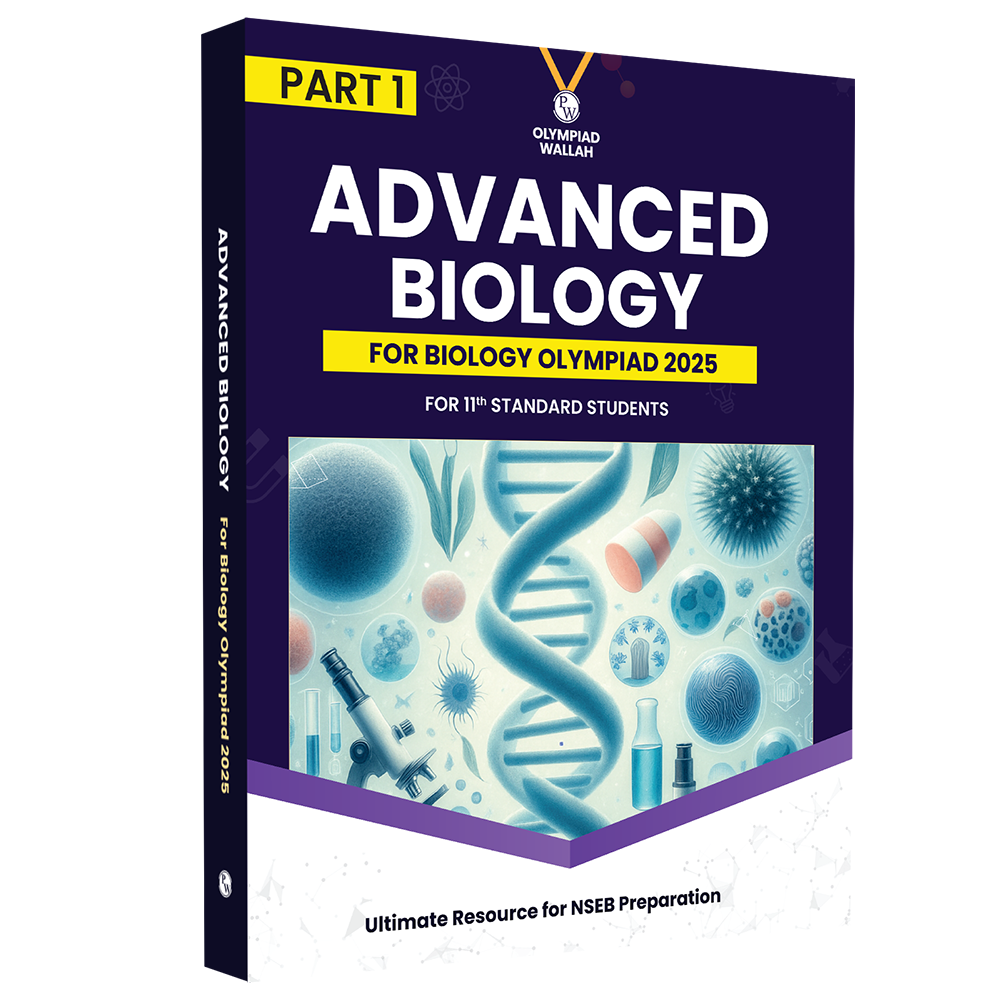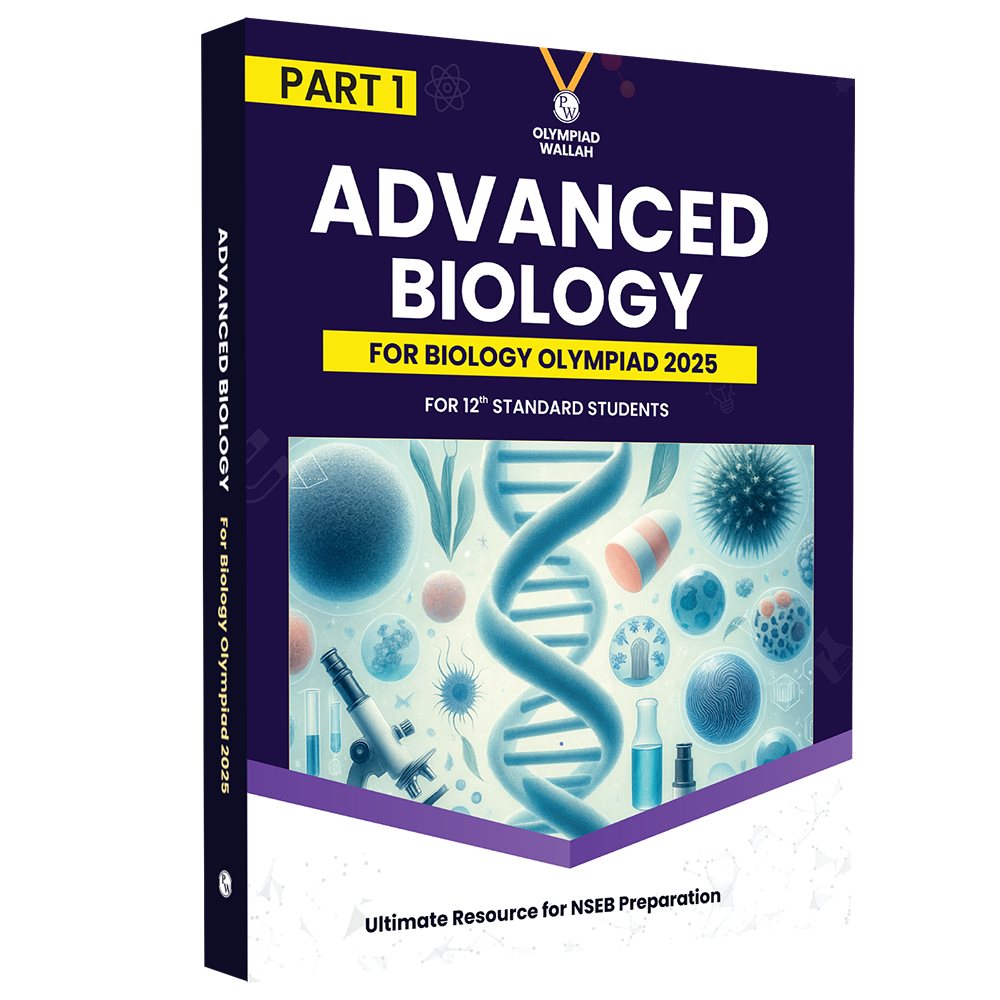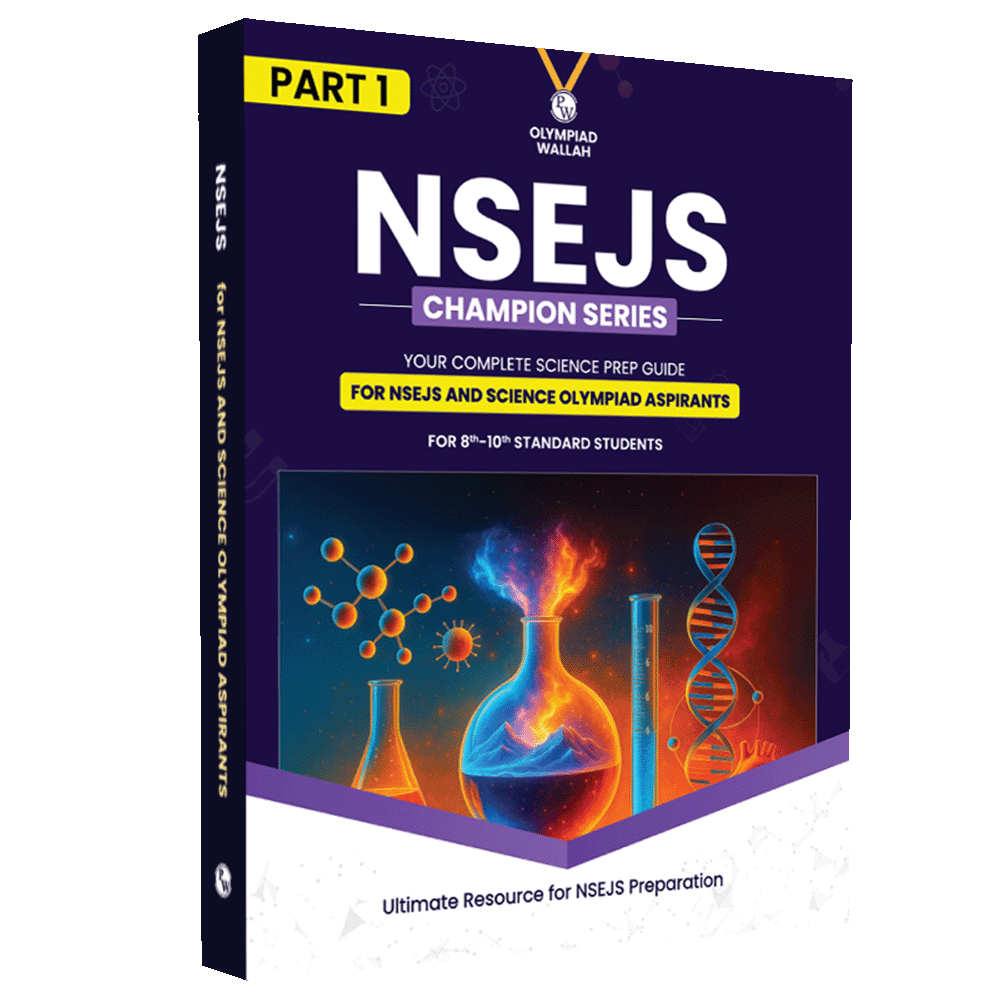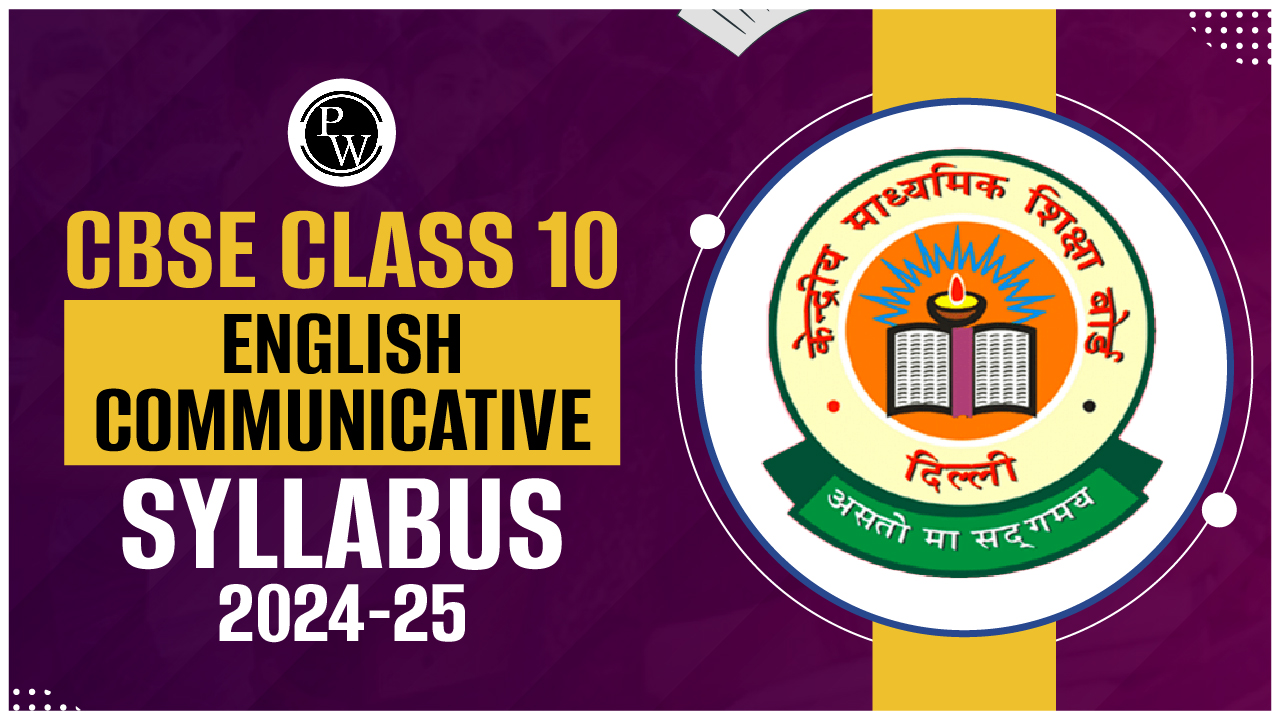IBO Full Form: Syllabus, Exam Pattern and Eligibility Criteria
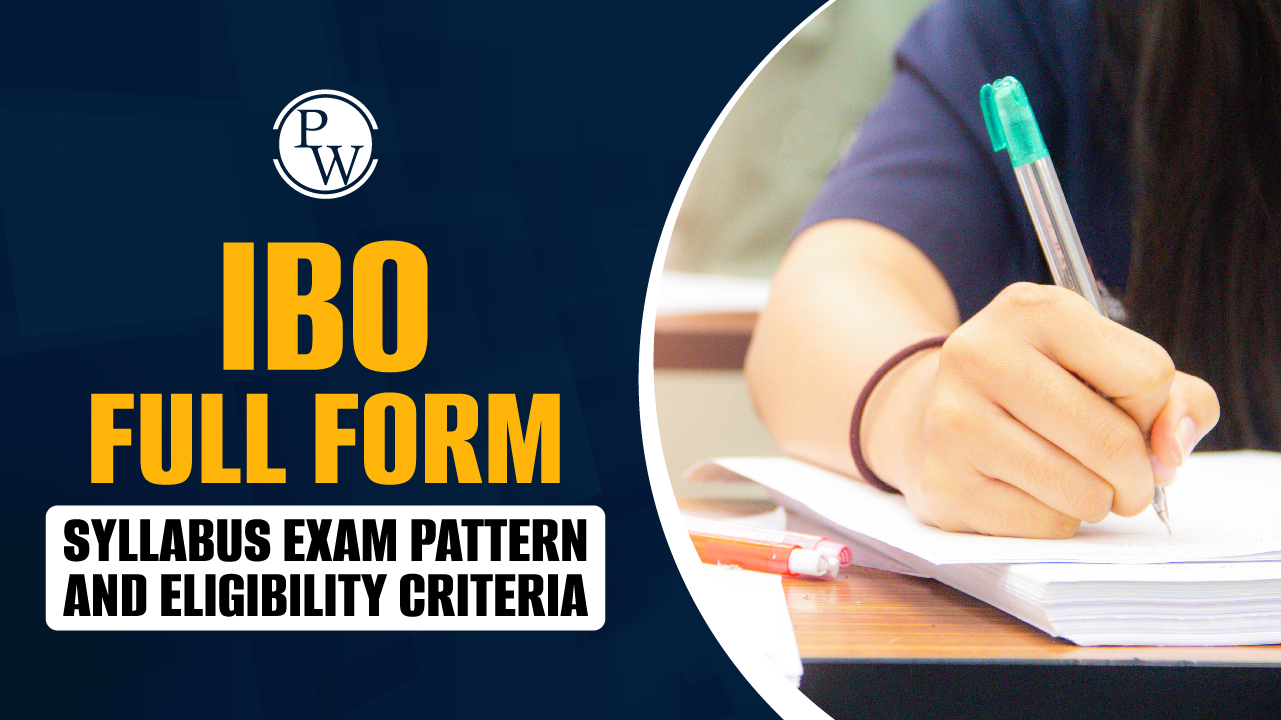
IBO full form is the International Biology Olympiad. It is one of the famous science competitions for high school students around the world. The first International Biology Olympiad was held in 1990 in Czechoslovakia. Since then, the IBO exam has been organized every year, and students from more than 75 countries and 5 continents take part in it.
International Biology Olympiad is not only about remembering biology facts. It checks how well students understand the subject, solve problems, and apply their knowledge in real-world situations. In India, students must first clear national-level rounds before reaching the international stage.
So, if you are interested in the International Biology Olympiad, keep reading to learn about the IBO syllabus, IBO exam pattern, and IBO eligibility criteria to understand what this exam is all about and how to prepare for it.
Check Out: Olympiad Books
IBO Full Form and Its Purpose
International Biology Olympiad is the IBO full form. It is a global-level biology competition for students. The main purpose of this exam is not just to test students' knowledge but also to find and encourage young talent in the field of life sciences.
The aim of the International Biology Olympiad is to bring together bright students from all over the world who love biology. It gives them a chance to learn more, grow their interest, and present their country on an international stage. IBO helps in building a strong global network of future scientists and biologists. Let’s now look at the IBO eligibility criteria to know who can apply for this international-level biology exam.
|
IBO Exam Highlights |
|
|
IBO Full Form |
International Biology Olympiad |
|
IBO Conducting Body |
This year, Astana, Kazakhstan |
|
Exam Frequency |
Once a Year |
|
Language of Exam |
English |
|
Examination Mode |
Theoretical and Practical |
|
IBO Official Website |
ibo-info.org/en/ |
IBO Eligibility Criteria
To take the International Biology Olympiad (IBO) examination, students must follow some rules. These criteria are fixed to make sure only the right applicants apply for the IBO exam. Check the detailed IBO eligibility criteria here:
-
The student must be from a regular school, which means a school that follows the national science syllabus. Students from international schools like IB or foreign boards are generally not allowed unless they also offer the national diploma.
-
As per the age limit, students applying for this exam should not be more than 20 years old as of July 1 of the exam year.
-
They must still be in school and should not have started studying full-time in any college or university before January 1 of the exam year.
-
They should be a winner of the National Biology Olympiad (NBO) in their country for that year.
-
They must not have competed in IBO more than twice and should never have been a jury member or an observer in past IBOs.
-
The student should not be trained in groups smaller than 51 students for more than two weeks.
-
The national-level exam (NBO) must be open and fair for students from all public schools in that country.
IBO eligibility criteria are set to make sure that only deserving and eligible aspirants get the chance to represent their country and show their talent at the international level. Along with the eligibility criteria, students must also go through the IBO syllabus to understand what topics they need to study for the exam.
Check Out: NSEJS Champion Series For Class 8-10 Book
IBO Syllabus and Weightage
The International Biology Olympiad (IBO) does not follow a fixed syllabus like school exams. In this exam, students are tested on their understanding and skills in various areas of biology. The questions are designed to check how well students can apply their knowledge, solve problems, and understand scientific processes. Check out what topics are covered in the IBO syllabus below.
The theoretical paper in the International Biology Olympiad (IBO) tests how well students understand important biology topics and how they can apply this knowledge to solve problems. Find out the important topics included in the theoretical part here
|
IBO Syllabus for Theoretical Section |
||
|
Topic |
Details Covered |
Weightage (%) |
|
Cell Biology |
Cell structure, functions, biotechnology, and microbiology |
20% |
|
Plant Anatomy and Physiology |
Mainly focused on seed plants |
15% |
|
Animal Anatomy and Physiology |
Mainly focused on vertebrates, especially the human body |
25% |
|
Ethology |
Study of animal behavior |
5% |
|
Genetics and Evolution |
DNA, genes, heredity, and evolution |
20% |
|
Ecology |
Environment, ecosystems, energy flow, and population biology |
10% |
|
Biosystematics |
Classification of organisms |
5% |
Read More: Must-Have Olympiad Books for 2025 Exams
Practical Exam Skills
The practical exam checks how well students can use scientific tools, observe, record, and solve problems in a lab setup. Check out the key skills that are tested in the practical part below:
1. Science Process Skills
-
Observation and measurement
-
Classifying and grouping
-
Drawing graphs and charts
-
Hypothesis making and predictions
-
Experiment design and result analysis
-
Using correct units and accuracy in results
2. Basic Biological Skills
-
Using a microscope and a magnifying glass
-
Drawing what is seen under the microscope
-
Describing biological samples properly
3. Biological Methods
-
Studying cells and tissues
-
Working with plant and animal systems
-
Performing ecological and taxonomic studies
4. Physical and Chemical Methods
-
Using techniques like filtration, chromatography, and centrifugation
-
Doing food tests (starch, glucose, protein, fat)
-
Performing titrations and dilutions
-
Using pipettes and measuring light absorption
-
Running gel electrophoresis
5. Microbiological Methods
-
Making culture media
-
Using sterilization techniques
-
Handling microorganisms safely
6. Statistical Methods
-
Calculating mean, median, and percentage
-
Using tests like the T-test and the Chi-square
-
Understanding probability and data variation
These topics and skills make up the IBO syllabus. They help students get ready for both the written (theoretical) and hands-on (practical) parts of the exam.
Also read: NSEP Syllabus 2025 for Class 11 and 12
IBO Exam Pattern
To do well in any competitive exam, it’s important to first understand how it is designed. The IBO exam pattern tells about how much time is given, what type of questions are asked, and how marks are given. Let’s understand the IBO exam pattern in detail:
-
The IBO exam has two main parts: Theoretical (written) part and Practical (experimental) part.
-
Both parts are equally important. Each one makes up about 50% of the total marks.
-
The questions in both sections are based on topics like cell biology, molecular biology, plant and animal anatomy and physiology, genetics, evolution, animal behavior, ecology, and biosystematics.
-
The total time given for each part is around 4 to 6 hours. There is a break during the exam and a gap of one day between the theory and practical exams.
-
The exam happens every year in July, and the host country changes each year, chosen from the IBO member countries.
-
During the exam, students are told how many points each question carries.
-
If a student makes any mistake in an early step, but the rest of their answer is correct, they can still get some marks. This is called the "error carried forward" rule, and it helps make the marking fairer.
Understanding the IBO exam pattern can help students plan better and know what to expect during the International Biology Olympiad.
International Biology Olympiad Result
The results of the International Biology Olympiad (IBO) are announced a few weeks after the exam is completed. Students can check the IBO result by visiting the official IBO website.
-
The IBO result includes important details like the student’s name, roll code, rank, practical and theoretical scores, and other related information.
-
Since the IBO exam has two parts, theoretical and practical, both marks are considered equally while preparing the final result.
-
The host country first sends the raw marks of each student to the international judges.
-
After approval from the national coordinator, the final scores are calculated using the T-score method, where 50% weightage is given to theory and 50% to practicals.
International Biology Olympiad Preparation Books
If you’re aiming for the International Biology Olympiad (IBO), you need to first appear for the National Standard Examination in Biology (NSEB). This is the first stage of the Biology Olympiad program in India. It is conducted by the Indian Association of Physics Teachers (IAPT) with the support of the Homi Bhabha Centre for Science Education (HBCSE).
Students who qualify in NSEB move on to the Indian National Biology Olympiad (INBO) and then to the IBO. To help students prepare well from the start, here are some books that cover important biology chapters and topics from classes 11 and 12 in detail:
-
Olympiad Wallah NSEB Class 11 Advanced Biology (Part 1): Includes many practice questions and detailed solutions. Ideal for beginners aiming for Olympiads.
-
Olympiad Wallah NSEB Class 12 Advanced Biology (Part 2): Covers practice questions, previous year questions, and detailed answers. Good for INBO and IBO 2025 preparation.
International Biology Olympiad (IBO) is a great opportunity for students who love biology and want to compete with others at the international level. From understanding the IBO eligibility criteria to learning the IBO syllabus and exam pattern, every detail helps students get closer to their goal.
At the end of the competition, top performers are rewarded based on their scores in both theoretical and practical exams. The awards include Gold, Silver, and Bronze medals, along with Certificates of Merit. So, if you are passionate about biology and dream of representing your country, start your preparation early to succeed.
IBO Full Form FAQs
Q.1. What is IBO full form?
Ans. The IBO full form is the International Biology Olympiad. It is a global competition for high school students who are passionate about biology.
Q.2. What is the IBO exam pattern?
Ans. The IBO exam pattern includes two main parts: a theoretical exam and a practical exam. Both parts carry equal weightage. Each section usually takes around 4 to 6 hours to complete, and there is at least a one-day gap between the two exams.
Q.3. Is the IBO syllabus lengthy?
Ans. The IBO syllabus covers many topics like cell biology, molecular biology, plant and animal anatomy, ecology, evolution, and genetics. Students must prepare both theory and practical skills.
Q.4. What is the purpose of the International Biology Olympiad?
Ans. The International Biology Olympiad aims to promote excellence in biology among students around the world. It helps students test their biological knowledge, connect with peers globally, and learn through competition.
Q.5. Who conducts the IBO exam?
Ans. The International Biology Olympiad is conducted by the IBO Association, and each year the exam is hosted by one of its member countries. The host country is responsible for conducting the exam.
